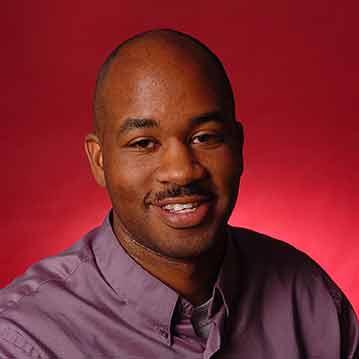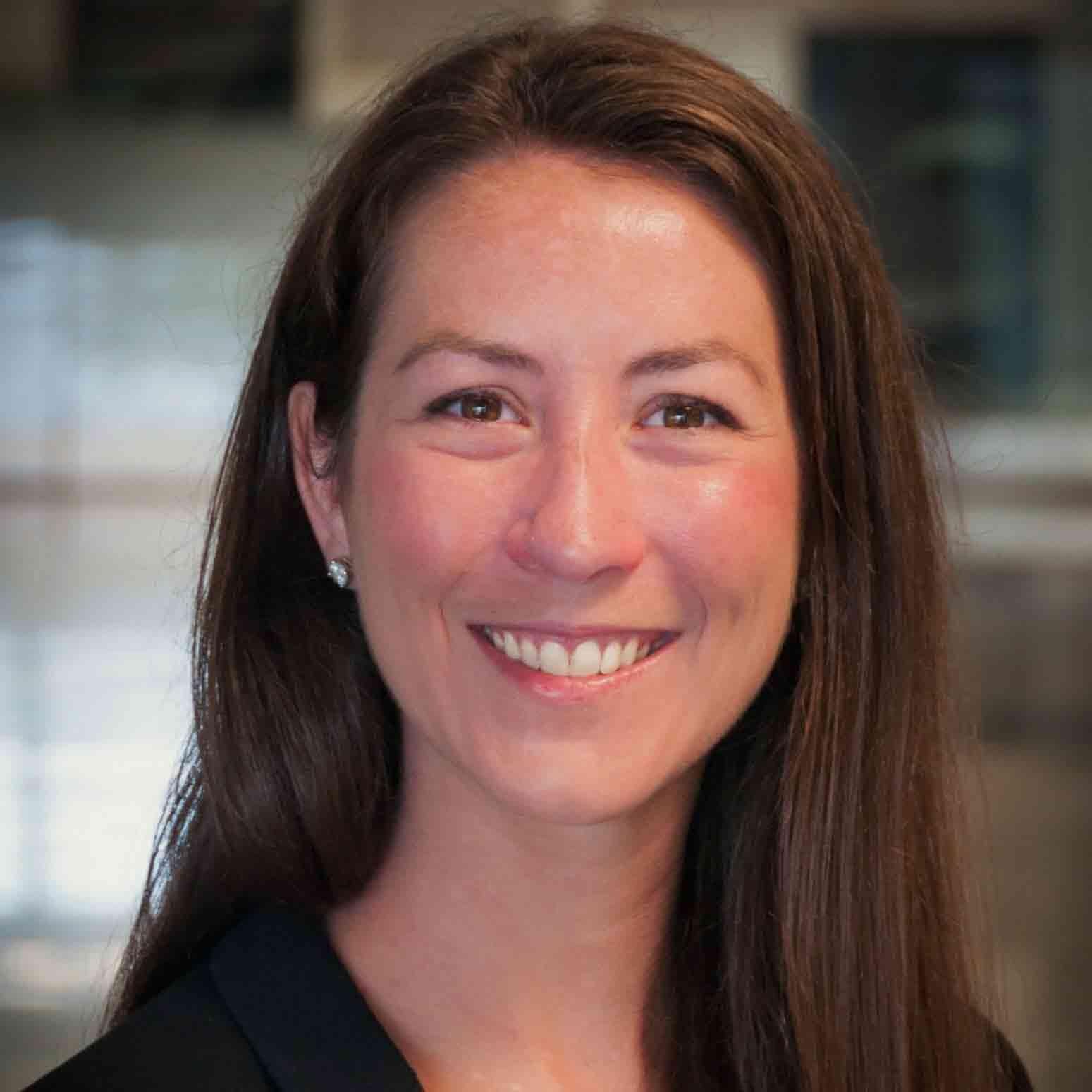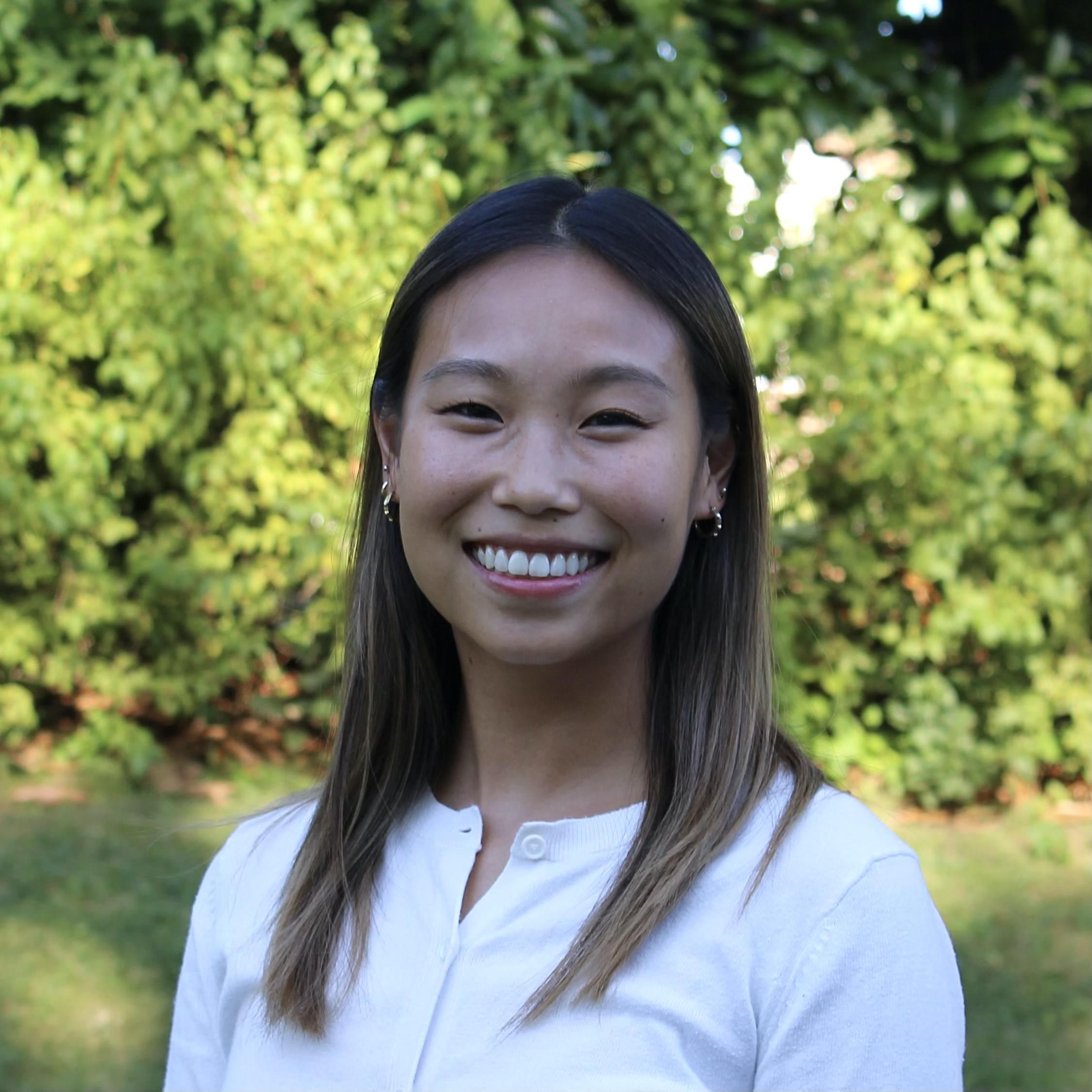Arts
Examining the role of The Arts as a catalyst for healing, transformation and action
Introduction
The practice of Art—in its infinite forms, functions and implications—is the most accessible and universal way of constructing meaning out of the world we inhabit.
Our Philosophy: The Arts are not just for experts. They are not solely for the enjoyment of the elite. They are not a superfluous extravagance. The Arts are for us all, expert and novice alike. They are not just an end in and of themselves, but a means. They shape, and are shaped by the world we inhabit.
Students in the Arts Scholars program gain a deeper understanding of the impact of art as a means to explore society and culture against the backdrop of our individual differences and shared experiences.
What you can expect: No matter your major, area of artistic interest, or skill level, as a member of our community, you will be challenged to strengthen your personal artistic skill set, experiment with new and different art forms, and gain a deeper understanding of the value of the arts in our personal and collective lives. We will investigate the power of the arts to:
- Communicate difficult concepts
- Advocate for social change
- Investigate the human experience
- Explore our own identities
- Develop our capacities as creative problem solvers and critical thinkers
- Reinforce, but also upend existing systems of inequality and oppression
Colloquium and Lecture Topics
Through a mix of lectures, discussions, demonstrations, collaborative art-making and interactions with guest artists, students consider:
- What is art? What is “good” art? Understanding social definitions of art and their influence on our beliefs of what should or should not be considered art.
- What does research look like in The Arts? Exploring common methods of research aligned with professional artistic practice.
- How have The Arts legitimated and perpetuated systems of inequality across race, socio-economic status, gender, etc.? Conversely, how can we leverage The Arts to generate equity and belonging? How can The Arts reshape or recontextualize understanding of our (individual and societal) learned history, biases and beliefs?
- West African djembe: Exploring the role of music in community building, storytelling and cultural understanding.
I have been challenged to think differently, work cooperatively, embrace creativity and, most importantly, go beyond the limits I have set for myself. Because of this program, I can confidently say I feel infinitely more prepared for the “real world,” and for that confidence and growth, I could never be more grateful.
Other Learning Opportunities
A variety of learning opportunities supplements the Arts curriculum. As an Arts Scholar, you will be introduced to artists, professional ensembles and world-class institutions each semester, through workshops led by guest artists; attendance at live performances in Washington, DC, New York City and on campus; and visits to the Smithsonian's renowned art and history museums.
In addition, you will get a chance to:
- Conceptualize, execute and present a capstone project of your choosing during your second year;
- Participate in service-learning with local schools and arts nonprofit organizations; and
- Cultivate valuable leadership and communication skills through peer mentoring and peer teaching opportunities.
Curriculum Overview
Over the two-year program experience (four semesters), students will complete up to 6 credits of supporting courses that will count toward your Arts Scholars citation. In most cases, these will also fulfill General Education requirements. Note that your Scholars courses—colloquiums, capstone practicum and supporting courses—will generally be in addition to any courses you take to satisfy major requirements.
The following represents a typical two-year curriculum, but individual schedules may vary. Details about courses and requirements can be found on the Arts Citation Checklist.
| SEMESTER | COURSE | CREDITS |
|---|---|---|
| Semester 1 | CPSA 100: Colloquium I | 1 credit |
| Semester 2 | CPSA 101: Colloquium II | 1 credit |
| Semester 3 | CPSA 200: Colloquium III | 1 credit |
| Semester 4 | CPSA 201: Colloquium IV | 1 credits |
| CPSA 240: Service Learning; or CPSA 250: Research (DSSP); or CPSA 260: Peer Teaching (DSSP) |
2 credits 2 credits 2 credits |
|
| Semester 1, 2, 3, or 4 | Supporting Course (var. Gen Ed) Supporting Course (var. Gen Ed) Supporting Course (DVUP or DVCC) |
3 credits 3 credits 1-3 credits |
Sponsoring College
Faculty



The Diamondback: UMD students' dance workshop highlights Japanese Butoh style, May 2022
Arts News
New Feller Research Professor to Advance Research on Activism by Marginalized Youths
Stacy Kosko, an Associate Research Professor in the Department of Government and Politics (GVPT) and the Director of the College Park Scholars International Studies program, has been named the next Joel J. Feller Research Professor—an award that has supported professional track faculty in GVPT since 2015.
'Cheese' The Day
The following article originally appeared in Maryland Today: As a kid, Kara McGrath ’13 had to have her “pocket cheese”—string cheese she shoved, at her mother’s dismay, into every jacket and pant so she could have it on the go. In college, she blew her budget on fancy fromage during grocery runs with roommates. And when she got married in 2018, she served her guests a flowery, four-tiered cake made not from red velvet or buttercream, but wheels of Manchego, blue cheese and Harbison.
Invasive plants threating DC parks
University of Maryland students partnered up with Montgomery Parks staff and volunteers for an important day of pulling weeds.
Fall 2023’s Fresh Faces
This class of 4,750 new Terps includes a unique group of artists, athletes, scientists and entrepreneurs prepared to leave their unique mark on campus in and out of the classroom. Meet nine members of the incoming freshman class, including an Arts Scholar, excited to bring their skills and passions to campus.
Ready to Roll
The following article originally appeared in Maryland Today: Mid-Atlantic mugginess was no match for Fall Welcome 2023. Undeterred by sticky shirts, the heft of overstuffed suitcases and the complex science of properly loading a dolly, more than 9,600 Terps moved into residence halls from Thursday through Sunday with patience and eagerness. A variety of University of Maryland offices and units then drew them out of their new rooms with a weekend packed with games, Do Good activities, giveaways and other gatherings, all aimed at acclimating them to campus—and each other—before the semester officially starts on Monday.
Fossil hunting gains interest after major discovery
Searching for dinosaur bones has always been an interesting assignment for students in Thomas R. Holtz’s classes. But after the recent discovery of more than 100 dinosaur fossils, the exercise is now a little like prospecting for gold where it’s just been found.

